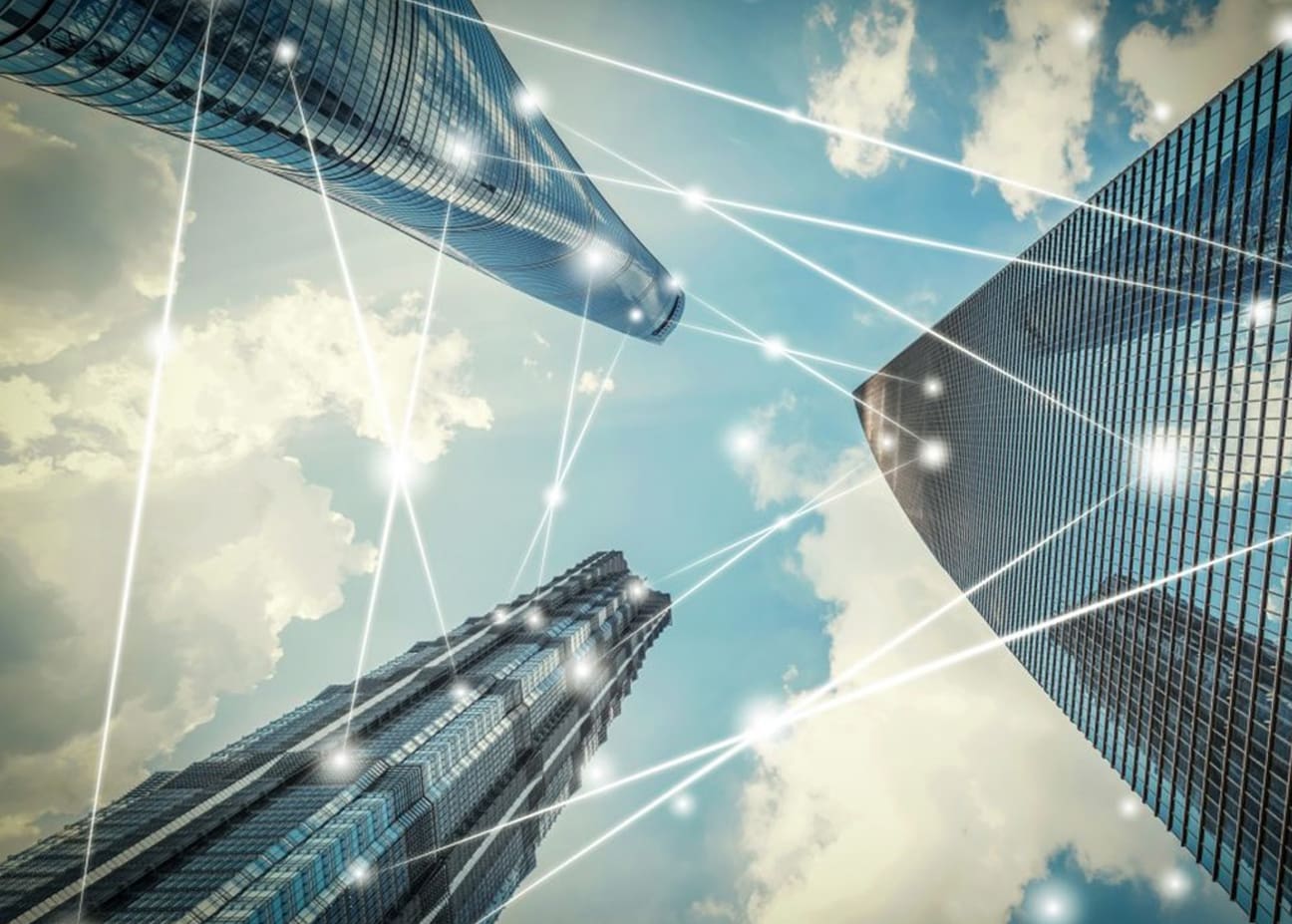As a new year approaches and after a year in which Brazil once again assumed a more relevant position in the international scene, there is a window of opportunity for reforms that will shape Brazil’s development over the next decades. That’s what the report “The Brazil of the Future: Towards Productivity, Inclusion, and Sustainability”, published by the World Bank, explores, taking a long-term perspective on Brazil’s development, discussing how prudent actions today can generate opportunities for a more prosperous, inclusive, and sustainable society over the next 20 years.
The authors argue that for Brazil to succeed in building on the achievement of the past and tackle the challenges of the future, it needs to enter a virtuous cycle of productivity, inclusion, and sustainability. There are still many distortions in Brazil’s economy undermining productivity.
“Unlocking economic potential will generate aspirations, the desire to plan and the propensity to save and to invest to acquire the necessary skills for the future. Better education, especially for the underserved poor, will both promote economic growth while improving access to better jobs. Opening markets will provide new opportunities for smaller firms and lower prices for all. There is a virtuous cycle between productivity and inclusion, which also includes sustainability. A more productive economy uses fewer resources. In the case of Brazil this implies less deforestation, the country’s leading contribution to climate change. Less deforestation, in turn, is a critical foundation for Brazil to safeguard its economy which critically depends on the ecosystem services provided by the country’s forests, especially the Amazon rainforest”, the report states.
For the World Bank, with the right reforms Brazil can become an economic powerhouse that offers opportunities for all.
“By reforming public education and providing Brazil’s children access to more and bettereducation, the gains of technological change could be shared widely. Social protection reforms could lead to better protection of those in need at much lower fiscal costs. A more efficient and progressive tax system could help raise the needed revenues to invest more in Brazil’s future, while reducing inequality. Changing labor taxes could help reduce current incentives for employers to rely on more precarious forms of employment. Natural resources, such as forests, could become a sustainable foundation of prosperity and Brazil can once again become a leader in fighting climate change. All this would sustainably generate economic growth and the revenue needed to finance progress in a fiscally sustainable way. Brazil could become a major exporter of green commodities and manufactured goods, benefiting from the high demand for green production across the world. Its innovative green-energy matrix together with low land-use emissions would make it highly productive and competitive on international markets. And Brazilians would become active players and innovators in international business and global supply chains, opening new possibilities for growth across the economy”.
Does it sound like a dream? According to the report it is an archivable dream.
Source: World Bank


